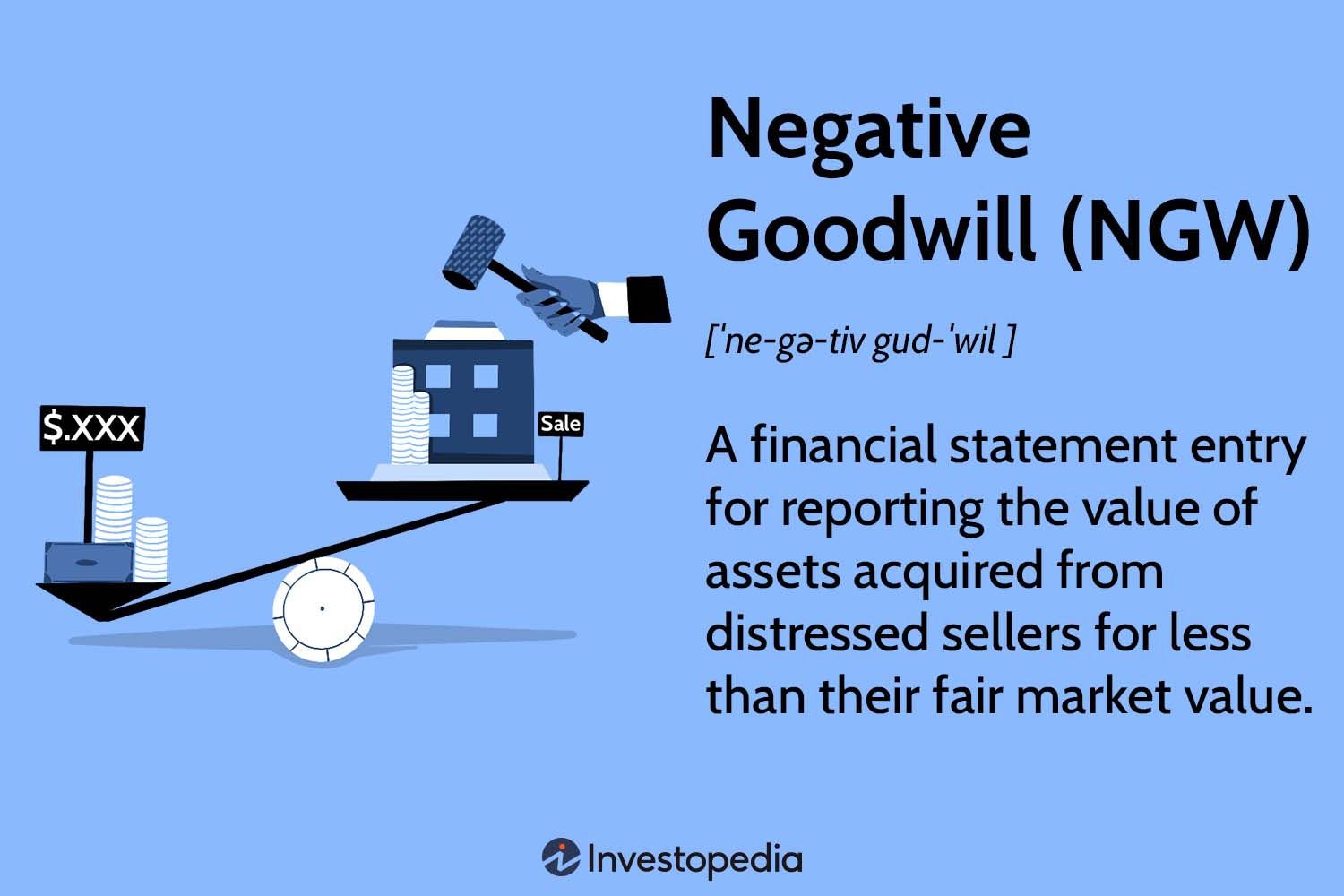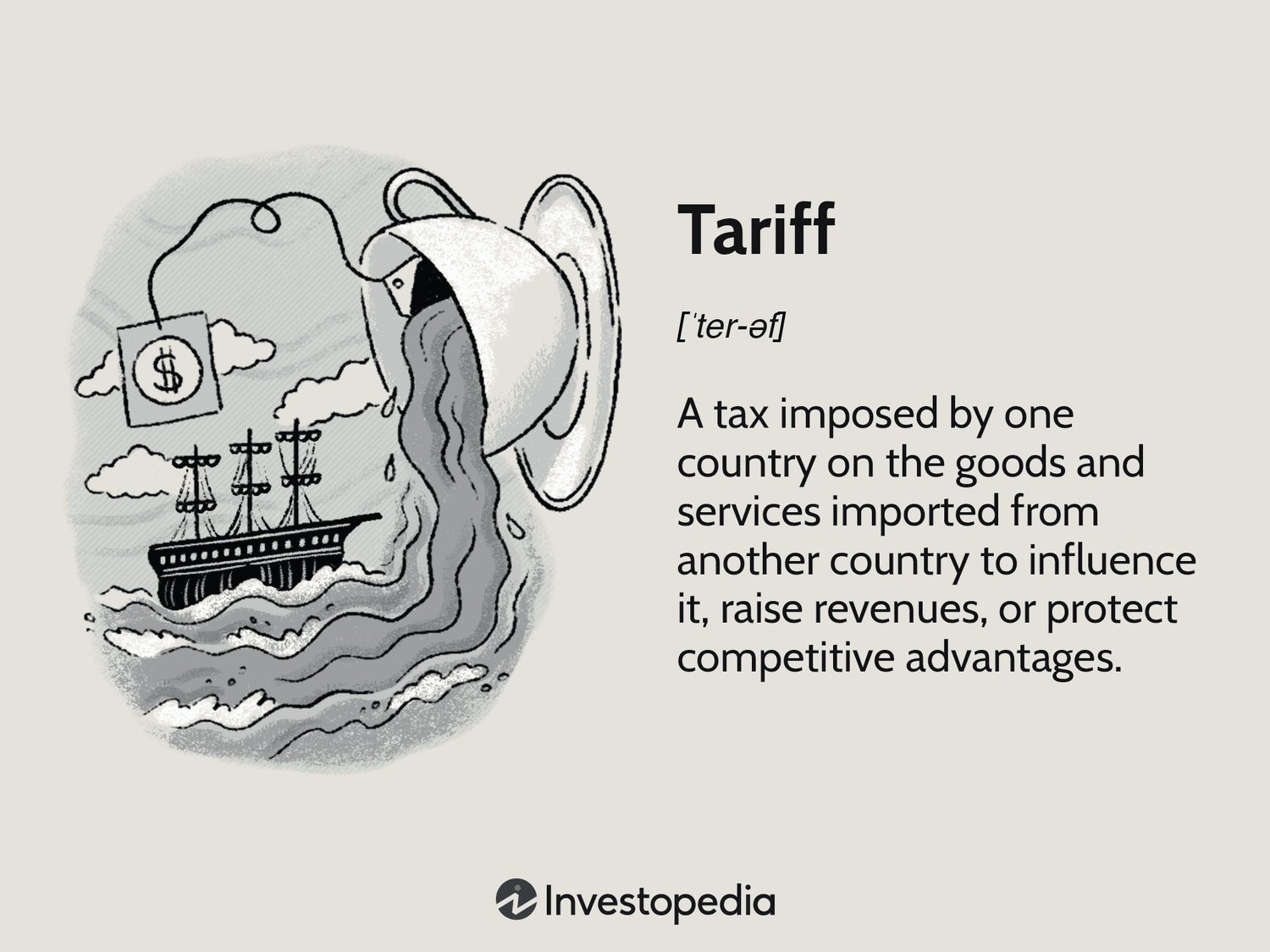Goodwill in business acquisitions—a term often heard but not always fully understood. In a nutshell, goodwill is the intangible asset that makes a company more valuable beyond its tangible assets and liabilities. It encompasses reputation, brand recognition, customer loyalty, and other non-physical attributes that contribute to a company’s success. In the world of mergers and acquisitions, understanding and evaluating goodwill is crucial for both buyers and sellers. So, let’s delve into the intricacies of goodwill in business acquisitions and unravel its significance in the ever-changing landscape of the corporate world.
What is Goodwill in Business Acquisitions?
When it comes to business acquisitions, one term that often arises is “goodwill.” Goodwill is an intangible asset that represents the reputation, brand value, customer loyalty, and other non-physical attributes of a business. It arises when one company acquires another at a price higher than the net tangible assets’ fair value.
Goodwill plays a crucial role in business acquisitions as it reflects the intangible value that a company holds beyond its physical assets. In this article, we will dive deep into the concept of goodwill and explore its significance in the realm of business acquisitions.
The Nature of Goodwill
Goodwill is a kind of intangible asset that cannot be easily quantified or measured. It often arises from factors such as the reputation of a business, the quality of its products or services, its customer base, the strength of its relationships with suppliers, and its overall brand value.
Unlike tangible assets, such as buildings or machinery, goodwill does not have a physical presence. Instead, it represents the intangible qualities that contribute to a company’s value and future prospects. Goodwill is not separately identifiable, meaning it cannot be sold or transferred independently from the business as a standalone asset.
The Importance of Goodwill in Business Acquisitions
Goodwill plays a crucial role in business acquisitions for several reasons:
1. Enhanced Market Position: Goodwill represents the reputation and brand value a business has built over time. By acquiring a company with strong goodwill, the acquirer can enhance its market position, gain access to a loyal customer base, and expand its brand presence.
2. Increased Customer Base: Companies with strong goodwill often enjoy a loyal customer base. Acquiring such a business allows the acquirer to gain immediate access to a broader customer segment, saving time and effort in acquiring new customers.
3. Competitive Advantage: Goodwill can provide a competitive advantage by differentiating a business from its competitors. It may encompass factors such as customer trust, brand recognition, and positive associations that attract customers and generate higher sales.
4. Revenue and Profit Generation: Goodwill represents the potential for generating future revenue and profit. A business with strong goodwill can command higher prices for its products or services, leading to increased profitability in the long run.
Valuation of Goodwill
Accurately valuing goodwill can be a complex task due to its intangible nature. When acquiring a business, the acquiring company needs to determine the fair value of identifiable tangible and intangible assets separately from goodwill. The difference between the acquisition price and the fair value of these assets is recognized as goodwill.
Several methods can be used to value goodwill, including:
1. Market Capitalization Method: This method involves determining the value of a company’s goodwill by calculating the difference between its market capitalization and the net asset value.
2. Income Approach: The income approach focuses on estimating the future cash flows generated by the acquired business. This method takes into account factors such as projected revenue, expenses, and growth rates to arrive at the fair value of goodwill.
3. Multiplier Method: The multiplier method involves applying a specific multiple to a company’s earnings, such as EBITDA (Earnings Before Interest, Taxes, Depreciation, and Amortization), to determine the value of goodwill.
It’s important to note that the valuation of goodwill requires a comprehensive understanding of the industry, market conditions, and the specific factors contributing to the target company’s goodwill.
Accounting Treatment of Goodwill
In most accounting standards, goodwill is considered an intangible asset and is recorded in the acquirer’s books as part of the purchase price. However, accounting rules require that goodwill be tested for impairment regularly.
Impairment testing involves comparing the carrying value of goodwill (recorded on the balance sheet) with its recoverable amount. If the recoverable amount is lower than the carrying value, an impairment loss is recognized, reducing the goodwill’s value. This ensures that the recorded goodwill accurately reflects its true value over time.
Risk Factors Associated with Goodwill
While goodwill can be a valuable asset, there are certain risk factors associated with it. It’s important for businesses to consider these factors before making an acquisition:
1. Reputation Risks: Goodwill is closely tied to a company’s reputation. Negative events, such as scandals or product failures, can significantly impact a company’s goodwill and erode its value.
2. Customer Loyalty: Goodwill relies on the loyalty of customers. If a company fails to meet customer expectations or faces competition from new market entrants, customer loyalty may diminish, affecting the value of goodwill.
3. Market Conditions and Industry Disruptions: External factors, such as changes in market conditions or disruptive technologies, can impact a company’s goodwill. Industries experiencing rapid changes may face challenges in maintaining the value of their goodwill.
4. Regulatory and Legal Risks: Companies operating in regulated industries may face risks associated with compliance and legal requirements. Violations or legal disputes can tarnish a company’s reputation and, consequently, its goodwill.
In business acquisitions, goodwill represents the intangible value that goes beyond physical assets. It encompasses a company’s reputation, brand value, customer loyalty, and other non-physical attributes. Goodwill plays a crucial role in acquisitions by providing enhanced market position, increased customer base, competitive advantage, and revenue generation potential.
Valuing goodwill requires a comprehensive understanding of the business, industry, and market conditions. The accounting treatment of goodwill involves recording it as an intangible asset and testing it regularly for impairment. However, certain risk factors, such as reputation risks, customer loyalty, market conditions, and regulatory and legal risks, should be considered when assessing the value of goodwill.
Businesses need to recognize and leverage their goodwill effectively to sustain and grow their market presence. Understanding the nature and significance of goodwill in business acquisitions is essential for companies aiming for long-term success in today’s competitive landscape.
Acquisition Accounting Goodwill 2020
Frequently Asked Questions
Frequently Asked Questions (FAQs)
What is goodwill in business acquisitions?
Goodwill in business acquisitions refers to the intangible value that a company possesses beyond its tangible assets, such as its reputation, loyal customer base, brand recognition, intellectual property, and skilled workforce. It represents the company’s ability to generate higher profits compared to its competitors due to these intangible factors.
How is goodwill calculated in business acquisitions?
To calculate goodwill in business acquisitions, the acquirer subtracts the fair market value of the target company’s identifiable assets and liabilities from the total purchase price. The remaining value represents the goodwill. It is important to note that only purchased goodwill can be recognized under accounting standards.
Why is goodwill important in business acquisitions?
Goodwill is important in business acquisitions as it reflects the value of the intangible assets that contribute to a company’s long-term success and competitive advantage. It allows the acquirer to justify a higher purchase price and expands the acquirer’s market presence, customer base, and brand recognition.
Can goodwill be independently sold or transferred?
Yes, goodwill can be independently sold or transferred. In some cases, businesses or individuals may see value in acquiring another company’s goodwill to enhance their own operations or reputation. However, it is essential to have a clear understanding of the legal and practical considerations involved in such transactions.
What factors affect the value of goodwill in business acquisitions?
Several factors can influence the value of goodwill in business acquisitions, including the target company’s industry position, brand strength, customer loyalty, intellectual property portfolio, market trends, and the overall economic environment. The buyer’s strategic plans for the acquired company can also impact the perceived value of goodwill.
How is goodwill treated for accounting and financial reporting purposes?
Under accounting standards, goodwill is initially recorded as an intangible asset on the acquirer’s balance sheet after a business acquisition. It is then subject to periodic impairment testing to assess the need for potential write-downs if its carrying value exceeds its recoverable amount. Impairment losses directly reduce the value of goodwill.
Can goodwill have a negative value?
Yes, it is possible for goodwill to have a negative value. This occurs when the fair market value of the target company’s identifiable assets and liabilities exceeds the total purchase price. In such cases, the acquirer recognizes negative goodwill on their financial statements, which effectively reduces the purchase price and may signify potential issues with the acquisition.
Is goodwill amortized over time?
Prior to 2020, companies were required to amortize purchased goodwill over a specific period, typically up to 40 years, as per accounting rules. However, accounting standards have since changed in many jurisdictions, eliminating the requirement for amortization. Instead, goodwill is now subject to periodic impairment testing.
Final Thoughts
Goodwill in business acquisitions refers to the intangible value of a company’s reputation, customer relationships, brand recognition, and other non-physical assets. It represents the premium price paid by a buyer over the net book value of the acquired company’s assets. Goodwill is essential in consolidating financial statements and can have a significant impact on the overall value of an acquisition. It allows businesses to capitalize on their established relationships and provides a competitive advantage. Understanding and properly valuing goodwill is crucial for successful business acquisitions.



